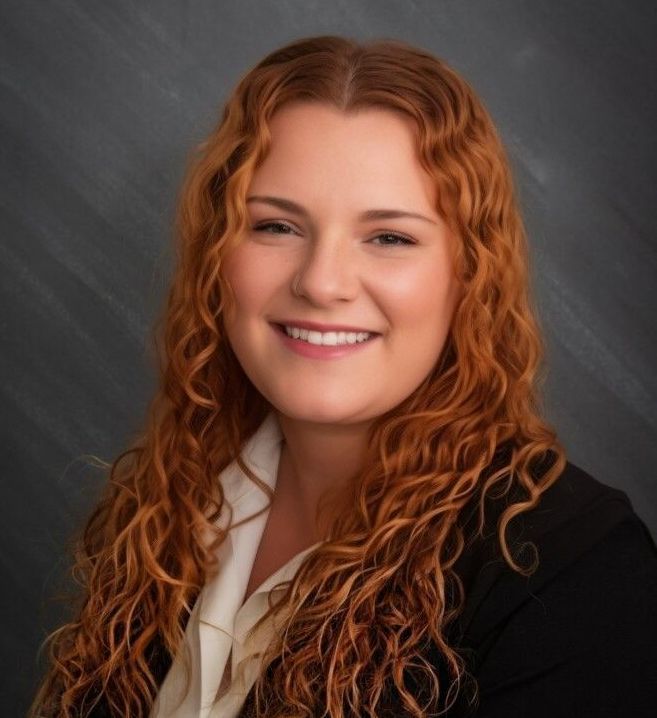How Storytelling Brings Families Together
One of the celebrations marked during the month of March was World Storytelling Day, which encouraged people to ask someone in their family to share a story about their life.
Unfortunately, many of us only know a little bit about our family history. Typically, it’s not until we grow older ourselves and gain life perspective that we become interested in learning about the life stories of our grandparents, parents, and other relatives. The problem is that by then, family members have passed away or are unable to recount their stories. One way to ensure that these precious stories are not lost is to weave storytelling into our everyday lives.
If we lose the stories of the generations who came before us, we also lose all of the benefits that come with them. Our families are one of the most important social groups we belong to and identify with. Psychology researchers have found that sharing family stories can help increase resilience in children. Studies show that children who know their family’s history are more likely to have higher self-esteem, lower anxiety and depression, and fewer behavioral problems.
Keep in mind that the stories we share don’t all have to have happy endings. Telling about good times and bad times are both beneficial. Children who hear stories about difficult times and realize that they are a normal part of life are better equipped to navigate their own lives.
So, how can you start weaving storytelling into becoming a part of your everyday life?
One way is to start by asking thoughtful questions that will prompt others to share their life experiences. Try asking some of these conversation starters:
- What’s the most spontaneous thing you’ve ever done?
- What was your favorite toy or game growing up?
- If you could go back in time, what is one piece of advice you would give your younger self?
- Have you ever experienced or witnessed something that you can’t explain?
- Do you know how your parents or grandparents met?
- Do you know some of the lessons that your parents or grandparents learned from good or bad experiences?
Another way is to start sharing your own stories with your children and family. This can be as simple as starting with “Did you know…”. With children, keep an ear out for when they bring up something that happened to them. You can then relate it back to something that happened to you when you were their age. Make sure that you allow them time to share, and listen to their story before you share yours. Talking about common interests and similarities helps us to connect with one another.
You don't have to wait for large holiday gatherings to share family stories. Any time that your family is gathered for a meal is an opportunity for storytelling. Telling stories can be a part of any meal. Car rides, when we’re not face to face, are also a great opportunity for conversation, especially with teenagers. Younger children like to talk at the end of the day before bedtime. So, instead of reading a book, tell them a family story.











